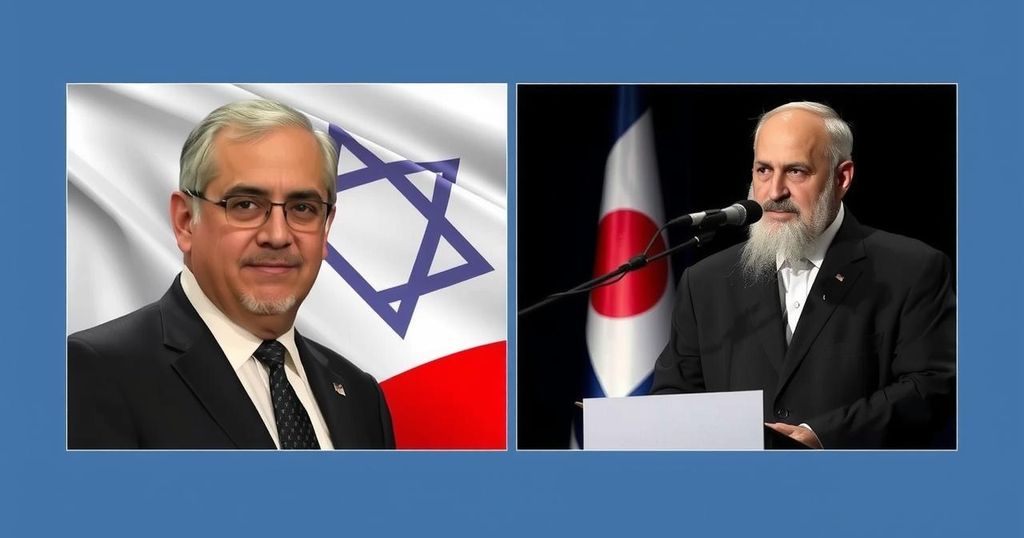Yemen’s Huthi rebels are increasingly regarded as a crucial security threat to Israel despite Iran’s diminished influence manifested through weakened proxies like Hamas and Hezbollah. Their missile and drone attacks disrupt civilian life in Israel, resulting in air raid alerts and necessitating military responses from Israel and the U.S. Analysts express concerns regarding the efficacy of Israel’s long-term strategies against the Huthis, who remain an enduring menace in the region.
Despite a general weakening of Iran’s regional influence, Yemen’s Huthi rebels continue to pose significant security challenges for Israel. Analysts indicate that while Iran’s proxies, including Hezbollah and Hamas, have faced substantial setbacks, the Huthis have emerged as the most immediate threat to Israel. The group controls a large portion of Yemen, including the capital, Sanaa, and has engaged in missile and drone attacks toward Israel. Although these attacks have resulted in limited military success against Israel’s formidable defenses, their strategic location and influence over vital maritime routes complicate Israel’s potential response efforts.
Michael Horowitz, head of intelligence for Le Beck, noted that Israel’s geographical distance from Yemen makes it difficult to launch frequent strikes against the Huthis, and the lack of intelligence further hinders effective countermeasures. Analysts predict that Israel may employ strategies similar to its previous engagements with Hezbollah, such as targeting Huthi leadership or disrupting supply lines. However, restoring deterrence remains uncertain, as Huthi attacks have disrupted civilian life within Israel, evidenced by recent air raids leading to significant civilian alerts.
In response to these persistent threats, the Israeli air force has conducted strikes against Huthi sites, and government officials have vowed to dismantle Iran’s axis of influence. Furthermore, the United States has conducted operations against the Huthis to safeguard shipping lanes. Analysts express skepticism regarding the long-term effectiveness of Israeli responses, as the Huthis are regarded as a continual threat that complicates regional security dynamics. The potential for a coordinated Arab-Israeli response is indicated, emphasizing the shifting landscape of Middle Eastern alliances following Iran’s diminished influence, particularly in light of recent U.S. political developments.
Despite Iran’s current vulnerabilities, experts warn that the regime’s capability to regenerate its proxy networks presents ongoing risks, which could pose a deterrent to both Israel and U.S. interests in the region.
Yemen’s Huthis, a Shiite rebel group backed by Iran, have emerged as a prominent security concern for Israel, especially following the weakening of other Iranian proxies such as Hezbollah and Hamas. The strategic control of much of Yemen by the Huthis, including key urban centers, has allowed them to launch attacks on Israel from a considerable distance. This situation has created a complex security scenario for Israel, as it grapples with its response options while considering the geopolitical implications of such actions, including potential escalation with Arab Gulf states.
The Huthi rebels remain a significant challenge for Israel despite the broader weakening of Iran’s influence in the region. Their continued missile and drone attacks disrupt civilian life and pose strategic threats, particularly concerning maritime security. While Israel may consider targeted military actions against Huthi leadership, the unpredictability of the situation necessitates a careful and calculated approach. The broader implications for regional alliances against the backdrop of Iran’s vulnerabilities may prompt new collaborative security strategies involving Arab states and Israel.
Original Source: www.hindustantimes.com






